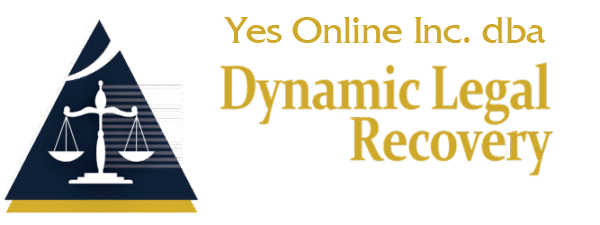Many Americans have faced the financial blow an unexpected health issue can cause. Just last year, James experienced a double hernia. A vibrant, fit and healthy man; there was no warning that this would occur. But, it did. So, into surgery, he went. And after he came out, there was a sizable bill that needed to be paid. This was not in the budget. Money had to be found, arrangements to be made. Imagine this simple scenario on a single parent or limited income household. If this had happened with someone on a fixed income or someone who is already juggling three jobs to put food on the table, this is a serious financial blow. Not only is there a physical recovery, there is also a financial one. Days lost at work, money to be paid to doctors and facilities. In addition to the fear a further limited income will have on daily living, is the waiting for insurances to pay or deny services. The story, quite often, is followed by financial devastation and a bad credit score.
Until recently, the reporting of medical debt has been unregulated. There was no standardization in which health care companies and their collection agencies would use to decide to report an overdue medical bill to a credit bureau. Some might only wait 30 days past due to report unpaid medical bills. This is hardly enough time to give the insurance carrier to provide an EOB. As a result, many people who would normally have been able to pay debt and obtain good credit scores were given poor credit scores due to the cost of getting well. And they became “credit risks.”
In their July 11, 2017, Healthy News article, Stat News reported that as of September 15, the major credit reporting agencies will set an 180-day waiting period before including medical debt on a consumer’s credit report. What that means is that patients have six months to figure things out, read EOB’s, talk to administrators, and work out payment plans, or get help to pay the debt. Thus, a consumer will be given some respite from the onslaught of credit damage that affects the rest of their financial health.
These changes are to take effect nationwide after the collective efforts of New York Attorney General Eric Schneiderman and the three credit reporting agencies – Experian, Equifax, and TransUnion as well as several states seeking to aid their constituents. The news is beginning to sink into the collections, collection attorneys and other like services
FICO8 has been the accepted guide in credit scores. However, a new FICO9 is bringing about these changes. The concept is that medical debt is not necessarily indicative of credit worthiness or unworthiness. And, any paid past due medical debt can be removed from the report to allow for a clearer and cleaner picture of an individual’s credit rating. At the time that Forbes published the article “FICO9: What you need to know about the latest credit score,” the new score was still not necessarily widely used by banking and lending institutions. It is definitely a good sign of things to come but still has some time before it becomes a mainstream component in the equation in figuring out credit scores.
So, what to do?
Individuals need to continually watch their credit reports. Consumers are entitled to a free report annually from the reporting agencies.
Watch for the following:
- Should a paid medical ding remain on your account, contact the agencies. “If there’s medical debt that’s been paid, it should be removed going forward, and if it’s less than six months old, find out when it’s going to be removed,” advises Vantage Score’s, Davies

